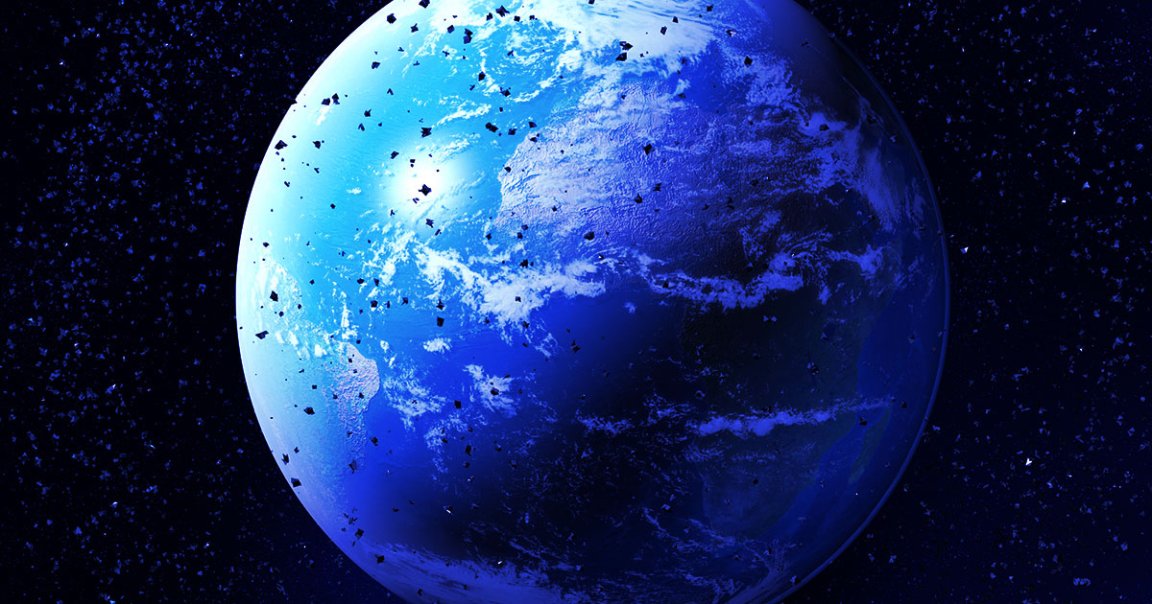
Close Call
Oof — that was a close one.
An old Soviet-era rocket body almost collided with an errant military satellite last week, according to private satellite tracking company LeoLabs, narrowly avoiding a huge orbital disaster.
A collision between large pieces of space debris could result in a massive cloud of new fragments that would remain in Earth’s orbit for years to come, endangering other missions and perhaps even creating a chain reaction.
As NASA scientist Donald Kessler famously first posited in 1978, collisions in space could cause a cascade of new smashes, cluttering the Earth’s orbit with even more space debris — and, possibly, eventually making it impossible to launch anything new into orbit, satellite or otherwise.
Super Smash Bros
The SL-8 rocket body, a giant piece of space debris that experts have been tracking for many years and which orbits the Earth at an altitude of 611 miles, came within just 20 of the other craft, according to LeoLabs, narrowly missing the “worst-case scenario.”
Harvard astronomer and space debris expert Jonathan McDowell called the close encounter “very scary.” arguing that “there are close passes or near misses every day, just not quite as close as this.”
“I expect we’ll have an actual collision again in the next few years,” he added.
Bad Neighborhood
The almost-collision took place in “one of the ‘bad neighborhoods,'” LeoLabs points out, which stretches between 600 and 650 miles above the Earth’s surface.
“This region has significant debris-generating potential in [low-Earth orbit] due to a mix of breakup events and abandoned derelict objects,” LeoLabs wrote in a follow-up . “In particular, this region is host to [about] 160 SL-8 rocket bodies along with their [roughly] 160 payloads deployed over 20 years ago.”
In short, the risk still looms that orbit could turn into an untraversable minefield of space debris. We’ve seen several concepts of space cleanup operations over the years, from giant claws to maintenance spacecraft that give old satellites a new lease on life.
“It’s imperative that we not only focus on collision avoidance but also debris mitigation and debris remediation to combat space debris,” LeoLabs wrote .
READ MORE: Defunct Satellite and Rocket Stage Nearly Collide in Potential ‘Worst-Case Scenario’ [Gizmodo]
More on space debris: Russia Forced to Dodge Space Debris From When It Blew Up Satellite